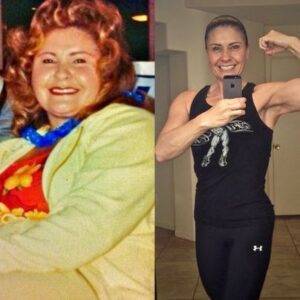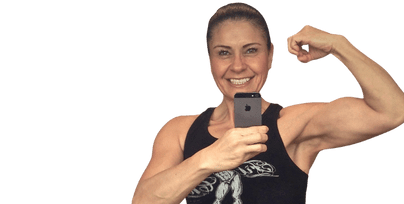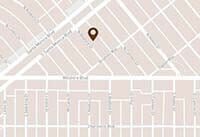After weight loss surgery, you won’t be able to eat exactly the same way you did before your procedure. Your diet will need to change – but that’s actually a good thing! Not only will these changes improve your overall health, but they will also ensure that you’re able to experience the rapid and dramatic weight loss you need.
Learn More Getting & Staying Fit After Surgery!
Your Post-Surgery Eating Guidelines
As you re-learn how to eat after surgery, you’ll need to follow some pretty specific guidelines to prevent complications, meet your nutritional needs and maintain your health. They include:
- Get Enough Protein.
Protein is a critical part of your post-surgery diet because it promotes healing and will help you maintain your muscle mass. In addition, it may help decrease hair loss, which can be associated with rapid weight loss.
- Eat Smaller Meals.
After surgery, you will no longer be able to consume large amounts of food at once.
To make sure you don’t overeat, it’s important to pay close attention to your body. Signs that you’ve had enough food include a pressure, tightness and/or heaviness in the middle of your abdomen. If you experience nausea, heartburn or regurgitation, it’s a sign that you’ve eaten too much. Remember – the amount you’re able to eat will continue to be limited after surgery, so choose your food wisely to avoid filling up on items without much nutritional value.
- Transition To Solid Foods Slowly.
Immediately after surgery, you’ll only be able to consume soft and liquid foods that are easy on the stomach. However, once you’ve healed and are used to eating smaller portions, you can slowly transition to solid foods. Eventually, you’ll be able to eat most of what you were eating before you had surgery, but in much smaller amounts.
Learn More Getting & Staying Fit After Surgery
A Brand New Way Of Eating And Drinking
Once you’ve transitioned back to solid foods, it’s important to remember that how you eat is just as important as what you eat. This is because the way you eat can have a profound impact on how your body digests and responds to food. With that said, we recommend keeping the following tips in mind:
- Eat Slowly And Stop When You’re Full.
When you feel full, stop eating! If you continue to eat, you may develop an intense chest pain or begin to feel nauseated.
- Chew Your Food!
After surgery, it’s especially important to chew your food well to make digestion easier.
- Don’t Drink With Your Meals.
If you fill up your small gastric pouch with liquid before or during meals, you won’t have enough room for food. In addition, the liquid may accelerate the passage of solid food from your stomach, which can cause discomfort.
- Drink Water Between Meals.
To prevent dehydration and make sure you meet your fluid requirements, aim to drink six to eight cups of water daily.
- Avoid Foods That Are High In Fat And Sugar.
High-sugar foods can lead to “dumping syndrome,” causing weakness, abdominal discomfort and rapid bowel evacuation. High-fat foods, on the other hand, can make you feel nauseated. In addition, both are high in calories which can slow down your weight loss. As such, both high-fat and high-sugar foods should be avoided after surgery.







